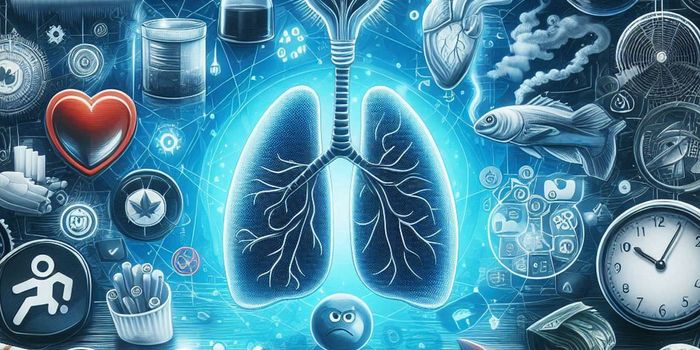A Revolutionary Pharmacological Approach to Quicky Treat Depression
In a survey by CNN and the Kaiser Family Foundation, 90% of American adults think the United States population is experiencing a mental health crisis.1 The recently published results, along with the heartbreaking story and controversy around Lindsay Clancy’s struggle with postpartum depression, have sparked conversation across the United States about mental health, access to care, and Postpartum Depression & Major Depressive Disorder.
[Author’s note: This article does not seek to diagnose or make any assumptions about the aforementioned case but instead aims to discuss the conditions and their current & novel treatments.]
Major Depressive Disorder (MDD) is a mood disorder that results in feelings of sadness, emptiness, hopelessness, loss of interest and pleasure, anxiety, agitation, restlessness, and more.2 Postpartum Depression (PPD), colloquially known as “baby blues,” is the experience of long-lasting depression following childbirth.3 MDD and PPD can genuinely be debilitating and requires psychosocial or medical help from a healthcare provider. If left untreated, both could result in grave psychological, physical, and even mental damage to oneself or those around a patient experiencing depression.
Check out this informative video about depression from the American Psychiatric Association:
As a PharmD student, our neuro/psych unit teaches about depression as a condition that takes weeks and weeks to treat - if one drug does not work, assess adherence and consider titrating the dose up after 4-6 weeks; if the drug is still not working, consider switching medications. If that second drug doesn’t work, titrate it up; if that doesn’t do the trick after 4-6 weeks, switch again to a third drug. Treating an acute case of MDD and PPD takes time to find the perfect dose, and that time is valuable when considering time-sensitive conditions like these.
Biogen Inc. and Sage Therapeutics completed their submission of a New Drug Approval to the United States Food and Drug Administration for zuranolone. Zuranolone is their investigational oral drug that is a rapid-acting, once daily, 14-day course for use in MDD and PPD. It targets various parts of the brain that are imperative in mood, behavior, and cognitive thinking. Priya Singhal, M.D., M.P.H, Head of Global Safety and Regulatory Sciences, and Interim Head of Research and Development at Biogen, says that based on the data in Clinical Trials, “LANDSCAPE” and “NEST” zuranolone has “potential to be a meaningful new therapy for depression.” 4
Zuranolone could be an industry-shifting drug, motivating many drug development companies to develop competitive medicines equally as rapid-acting as efficacious.
References
1 https://www.cnn.com/2022/10/05/health/cnn-kff-mental-health-poll-wellness/index.html
2 https://www.mayoclinic.org/diseases-conditions/depression/symptoms-causes/syc-20356007
3 https://www.mayoclinic.org/diseases-conditions/postpartum-depression/symptoms-causes/syc-20376617








